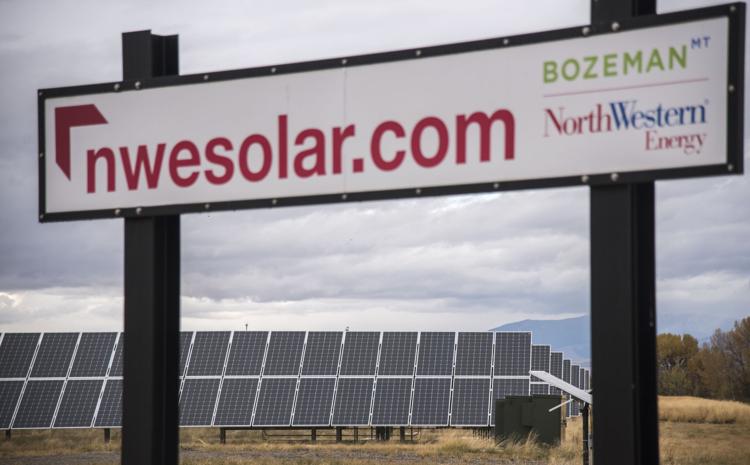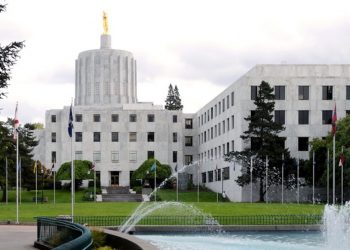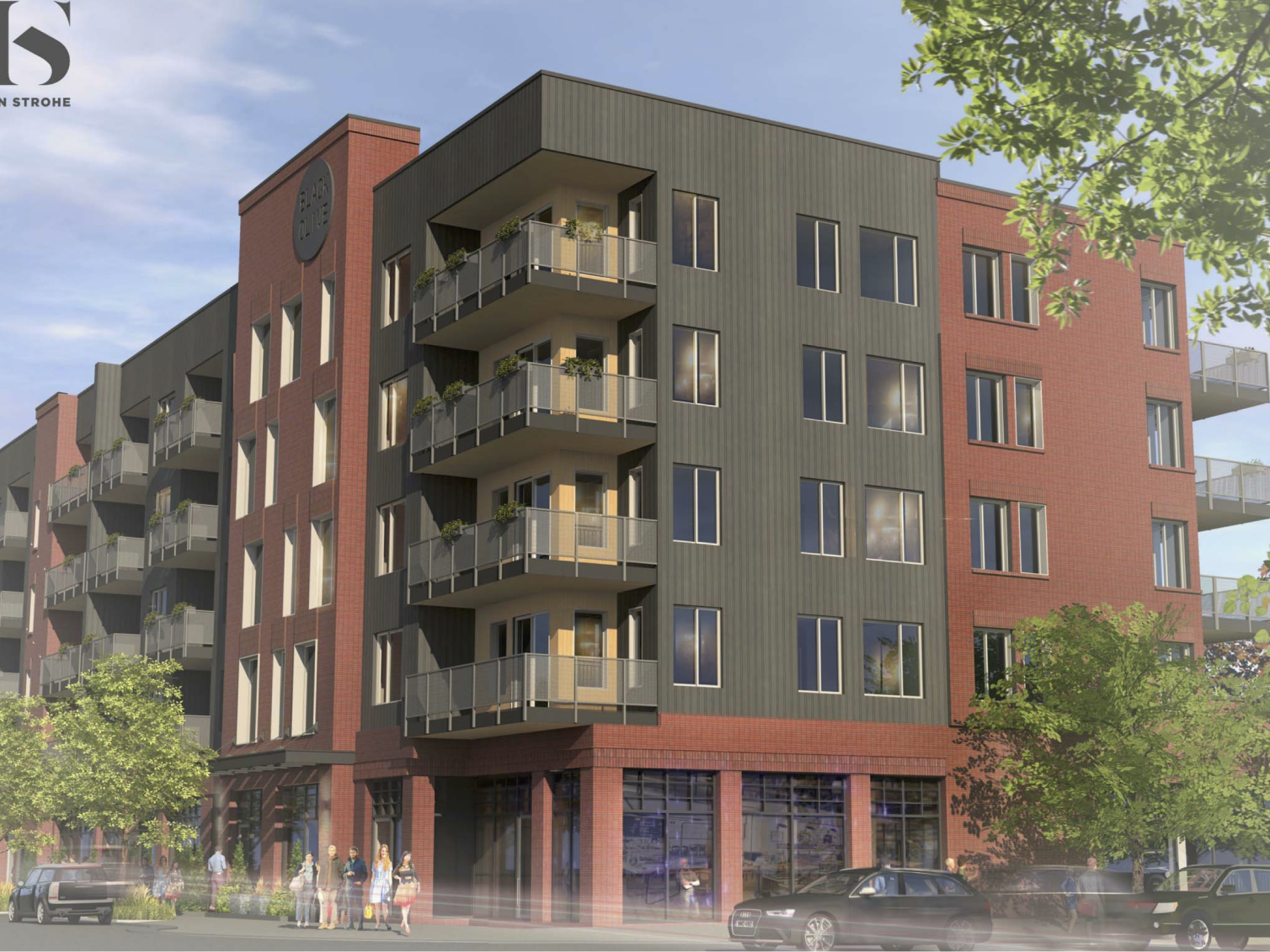BOZEMAN, Mont. – Bozeman city commissioners unanimously approved a massive, ambitious plan setting the city on a course to drastically reduce emissions in coming years.
The plan calls for a 26% reduction in greenhouse gas emissions in the next five years, 100% net clean electricity by 2030 and carbon neutrality by 2050. The plan also includes measures for supporting pedestrian and bike infrastructure and public transportation, bolstering the area’s local food network and reducing waste.
Bozeman sustainability coordinator Natalie Meyer, who led the plan’s drafting, said the plan focuses on both mitigation and resiliency.
“The intent of this plan is really to usher in a new era of community collaboration and innovation to not only address carbon emissions but also to recover and rebound together towards a stronger community fabric,” Meyer said.
What some saw as the plan’s overreliance on NorthWestern Energy was the subject of criticism. Several people submitted public comment urging the city to rework the plan to be less dependent on the utility, which many see as an unreliable partner on clean energy initiatives.
The concerns were seconded by several commissioners, too.
In November, city staff presented a revised plan that addressed NorthWestern Energy’s use of the phrase “carbon intensity” reductions, which environmentalists say is an inadequate metric, in the utility’s climate goals.
The city removed language in the plan stating the city should “support NorthWestern Energy to meet and surpass their 2045 goal to reduce the carbon intensity of their generation by 71%” and replaced it with a measure stating the city should “strongly encourage NorthWestern Energy to meet Bozeman’s goal of 100% net clean electricity by 2030.”
The final plan also includes a solution to “encourage a philosophical shift for our utility provider to work with partner communities to encourage NorthWestern Energy’s Board of Directors and Shareholders to adopt a corporate philosophy that recognizes an urgent need to shift to renewable energy sources.”
Deputy Mayor Terry Cunningham, who also introduced an amendment to add language to the plan noting any plan relying on a carbon intensity metric “should be taken with a grain of salt,” reiterated Tuesday the importance of pushing NorthWestern Energy to adopt more clean energy in their portfolio.
“We can not achieve the goals in this plan without a cultural shift at NorthWestern Energy,” said Cunningham, urging the utility to adopt the mantra, “the customer is always right.”
NorthWestern has shown a willingness to play ball on helping Bozeman and other Montana local governments with their climate work.
The utility is in the early stages of forming a proposal for a green tariff program, which would allow customers to swap their energy usage to non-carbon producing sources.
The program, which would add additional renewable energy sources to the utility’s portfolio, would require approval from the Public Service Commission. A green tariff program is a crucial part of Bozeman’s climate plan.
The plan lays out next steps, including creating a steering committee within the city that will develop a charter over the next few months to function as an implementation plan. The plan will lay out the timeline of specific actions the city will take for implementation.
Meyer said they would also create an online dashboard for the plan, and update a greenhouse gas emissions inventory every two years that will capture the city’s progress on emissions reductions.
The implementation plan would be updated yearly, Meyer said. Progress, Meyer said, might not be linear, noting that as Bozeman continues to grow, emissions may increase. Still, the city hopes to decrease them significantly to meet its 2025 goal.
Mayor Cyndy Andrus said the plan would require some “bold steps.”
“I do not argue with those who see this plan as aspirational, actually I agree with that,” Andrus said. “But I also believe that it’s a very feasible plan if we all do our part and work together.”














